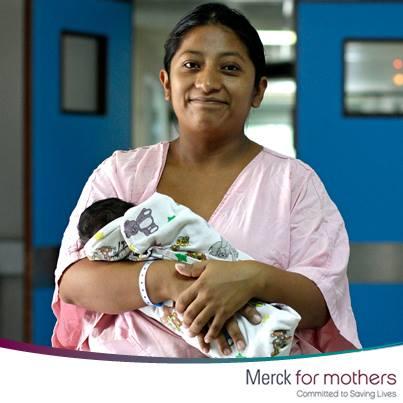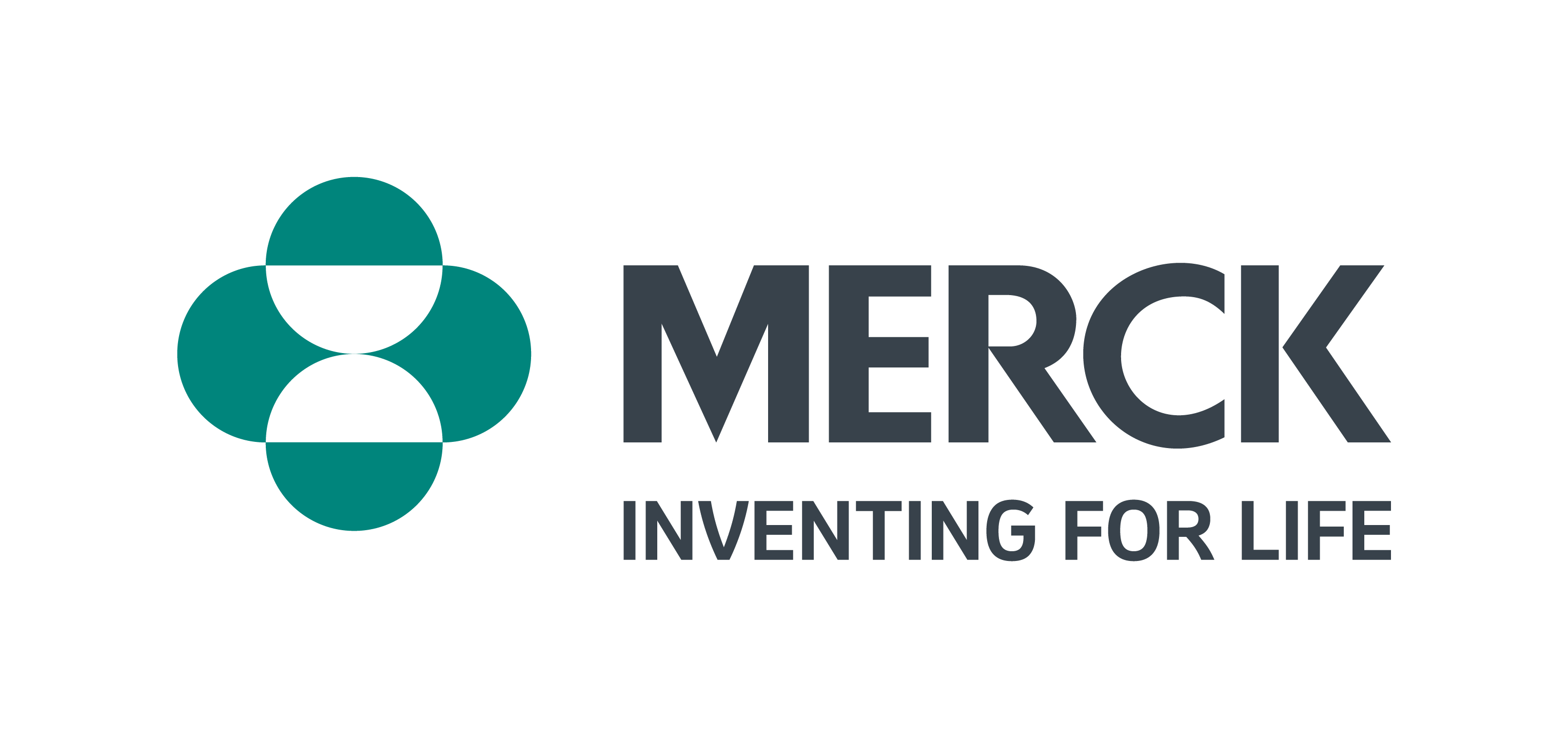The Quest for Quality Maternal Health Care in India
In India, we’re giving patients a voice – and getting providers to listen. What a private sector-driven, consumer-centric, ‘total market’ approach to improving maternity health care looks like.

This blog was originally published on Women Deliver
by Dr. Mary-Ann Etiebet, Executive Director, Merck for Mothers
Uma wasn’t told the reason for her C-section. Sanjana, in labor, waited a long time for pain relief. Maya’s room wasn’t kept clean, and Priya received “no help” with breastfeeding. Geetha, on the other hand, was “very happy” with the hospital where she delivered her baby. Zoya, pleased to have been given counseling on family planning, reported that she and her child had been treated well. “All felt good.”
These women are just a few of the more than 10,000 mothers in India who recently shared details about their birth experiences – specifically the quality of the maternity health care that they had received – through Together for Her Health, a new digital platform and online community (Merck is a funder through its Merck for Mothers initiative). Together For Her demonstrates how a private sector-driven, total market approach – with an emphasis on transparency and accountability, and putting customers first – can help drive sustainable quality improvement.
Quality improvement is absolutely critical if India is to achieve its SDG targets for reducing maternal mortality.Despite an increase in facility births, India’s maternal death rate remains among the highest in the world; around 45,000 mothers die every year, mostly from preventable causes. Efforts to improve the quality of facility care – and save women’s lives – have focused on government-funded hospitals, largely excluding the privately-run facilities that serve an increasing number of women, including low income women, all across the country.
Together For Her was designed to address this gap and advance quality in India’s private sector healthcare market. Here’s how it works: The mobile-friendly, interactive website provides detailed information about what quality care women should expect to receive, based on WHO-aligned quality of care indicators developed using principles of human centered design. Patients are invited to rate facilities according to these indicators, ranging from respectful treatment and good communication to room cleanliness and critical postpartum care, including counseling on danger signs. Providers can see where they are falling short, and work to bring scores up. Pregnant women can view the ratings to decide where to give birth.
“The idea is to empower women to recognize and to demand quality – to give them a voice and a choice,” says Lily W. Lee, president of Almata, developer of the platform. “And by channeling that empowered voice, we’re creating a powerful market incentive for providers to work toward delivering better quality care.” A dashboard allows providers to see how their performance compares to others, Lee adds. “Quality becomes the differentiator.”
There are already signs the approach is working. A steady stream of reviews (roughly 2,000 per month since November 2017) show consumers are eager to engage. And more and more providers (over 400 at last count) are choosing to register with the platform, linking their public profiles to their ratings.
This willingness to participate is a promising indicator of increasing transparency in the private health sector. Dr. Rahul Wani of Archana Maternity Home in Mumbai, for one, says he appreciates the patient feedback mechanism, and that even the negative comments “should be taken positively” as a way to identify where to focus improvement efforts. Almata reports that providers who repeatedly log in to review their performance are showing marked improvement in areas where they were previously deemed deficient. “Mothers’ voices,” says Lee, “are being heard.” The hope is that as more and more providers realize the value of Together’s feedback loop, they will start proactively soliciting reviews from every patient who walks through their doors; that in becoming empowered by the platform, they will also become a major sustaining force behind it.
Complementing Together for Her is Manyata, a national quality improvement program launched in partnership with Jhpiego and the Federation of Obstetricians and Gynecologist Societies of India (FOGSI). Through Manyata, private-sector providers participate in training and related activities to strengthen skills and capacities. The program offers a pathway to national certification, as well as an entry-point for seeking national accreditation - two more great ways for providers to distinguish themselves from the competition.
Looking ahead, Manyata certification could be used as a way for payers to selectively empanel or differentially reimburse providers – ultimately offering a means for standardizing and assuring sustainable quality maternity care nationwide and strengthening total health markets. With USAID, UBS Optimus and other partners, we’ve issued one of the first, and largest, health development impact bonds - Utkrisht – to demonstrate innovative ways to finance and scale quality improvement efforts by rewarding results.
To ensure lasting impact in maternal health in India and elsewhere, we must keep building strong partnerships across sectors, and pursue solutions that are rooted in a solid grasp of market trends and shifting demographics in an evolving global health ecosystem. We must continue to investigate ways to elevate patients’ voices, harness market forces and create incentives to drive progress – and deliver for mothers.
Merck for Mothers is Merck’s $500 million global maternal health initiative to help create a world where no woman dies giving life. We collaborate across sectors and with experts within our own company, leveraging wide ranging talents from IT to R&D to data analytics, to generate fresh thinking and infuse new business-minded approaches to help solve the longstanding challenge of maternal mortality. Over the past several years, Merck for Mothers has supported improved access to quality maternity care and modern contraception for more than six million women in over 30 countries around the world – contributing to the global effort to save women’s lives, strengthen health systems and meet the United Nations’ Sustainable Development Goals. Merck for Mothers is known as MSD for Mothers outside of the United States and Canada.
*names have been changed

